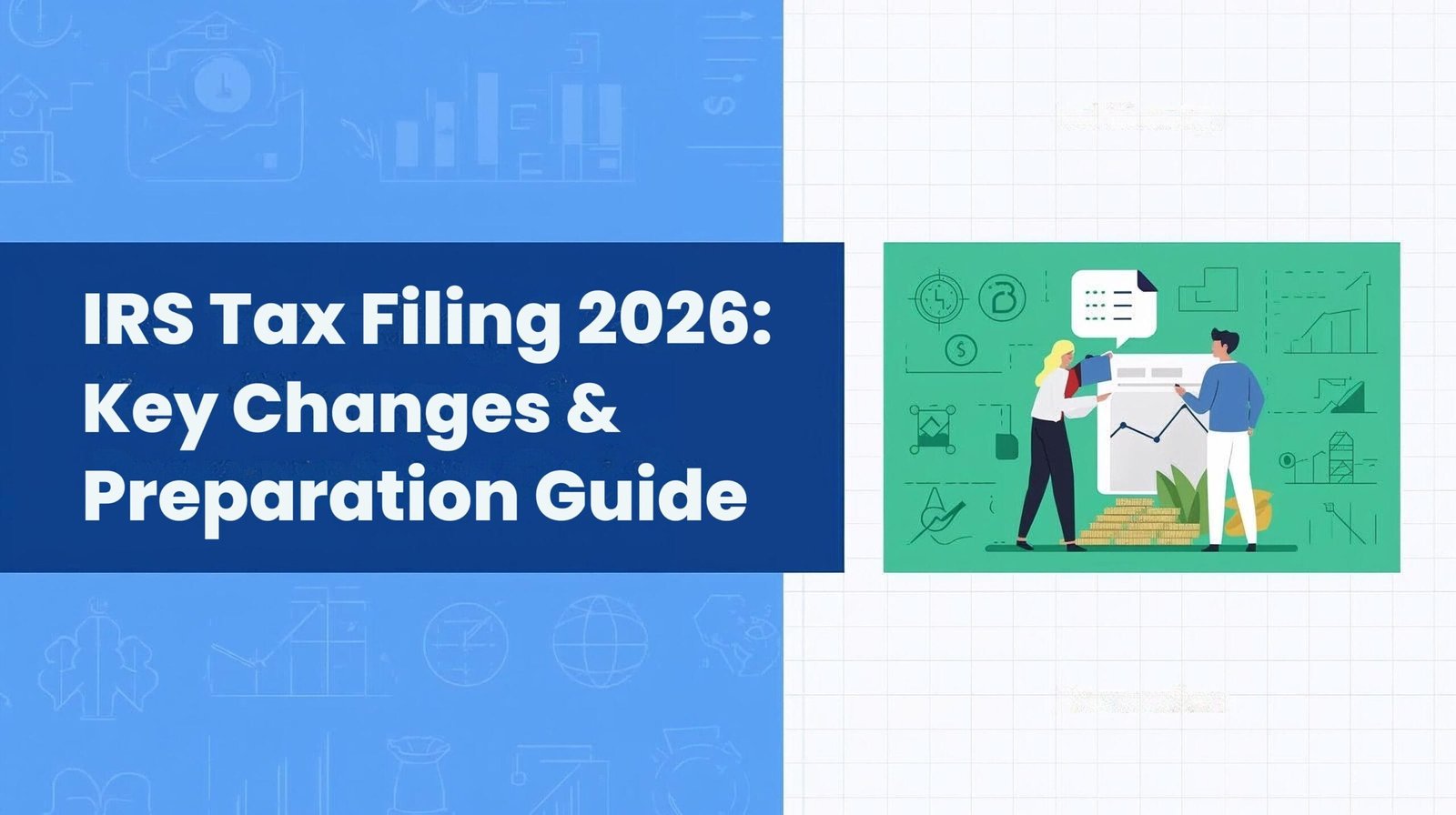
We Make Tax Filing A Breeze
Home » 2023 Year-End Tax Planning: Tips and Tricks for Saving Money and Staying Compliant with the IRS

Year-end tax planning is an important opportunity for individuals to minimize their tax liabilities and maximize their financial health by taking certain actions before December 31st. Adjusting your strategy to take into account current tax laws, your income, expenses, and personal circumstances is essential. While specific advice should come from a tax professional who understands your situation, here are some general strategies and precautions you might consider for year-end tax planning as of 2023:
Consider the timing of potential income and deductions. If you expect to be in a higher tax bracket next year, you might want to accelerate income into the current year and defer deductions (and vice versa if you expect to be in a lower tax bracket next year).
Max out contributions to retirement accounts such as 401(k)s and IRAs. The contributions may be tax-deductible and can grow tax-deferred.
If you have investments that have lost value, consider selling them to realize the loss and offset any capital gains you may have.
Ensure that you’ve paid enough in taxes throughout the year via withholding or estimated tax payments to avoid underpayment penalties.
Make charitable contributions if you itemize deductions, keeping in mind that cash donations to qualified charities can be deducted up to 60% of adjusted gross income (AGI)
Take advantage of the annual gift tax exclusion by giving up to $16,000 (as of 2023) to as many people as you like without incurring a gift tax.
Use the funds in your FSA, as these are usually “use it or lose it” accounts. Check your plan to see if you have a grace period into the next year.
Bundle deductible expenses such as medical expenses or miscellaneous itemized deductions if it will help you surpass the standard deduction threshold.
Consider making energy-efficient improvements to your home; there may be energy tax credits available.
If your income is lower this year, it might be a good time to convert a traditional IRA to a Roth IRA and pay taxes at a lower rate.
Pay tuition expenses in advance if it will give you a tax advantage and consider contributing to a 529 plan for education savings.
Contribute to your HSA if you have a high-deductible health plan. HSAs offer triple tax advantages: tax-deductible contributions, tax-free growth, and tax-free withdrawals for qualified medical expenses.
Stay informed about changes brought about by Secure Act 2.0 or other legislation. Such acts may introduce new retirement planning opportunities and tax considerations.
Ensure you have all the necessary documentation for income, deductions, and credits. Learn more
Examine how the incentives and tax credits from the Inflation Reduction Act might apply to you, such as those for energy-efficient home improvements or electric vehicles.
If you’re eligible for the Qualified Business Income Deduction, plan accordingly to ensure you meet the criteria.
Remember, tax laws are complex and subject to change, and individual circumstances can vary widely, so what might be a good strategy for one person might not be for another. Additionally, new laws or changes to existing laws could affect your planning.
Always consult with a tax professional to understand the latest tax law changes and how they apply to your specific situation. Proper year-end tax planning involves a close review of your personal finances and potentially adjusting your investment, charitable giving, and retirement saving strategies accordingly.
To learn more about how you can reduce your taxes and save money, check out the helpful resources on our blog or contact us today to schedule a consultation.